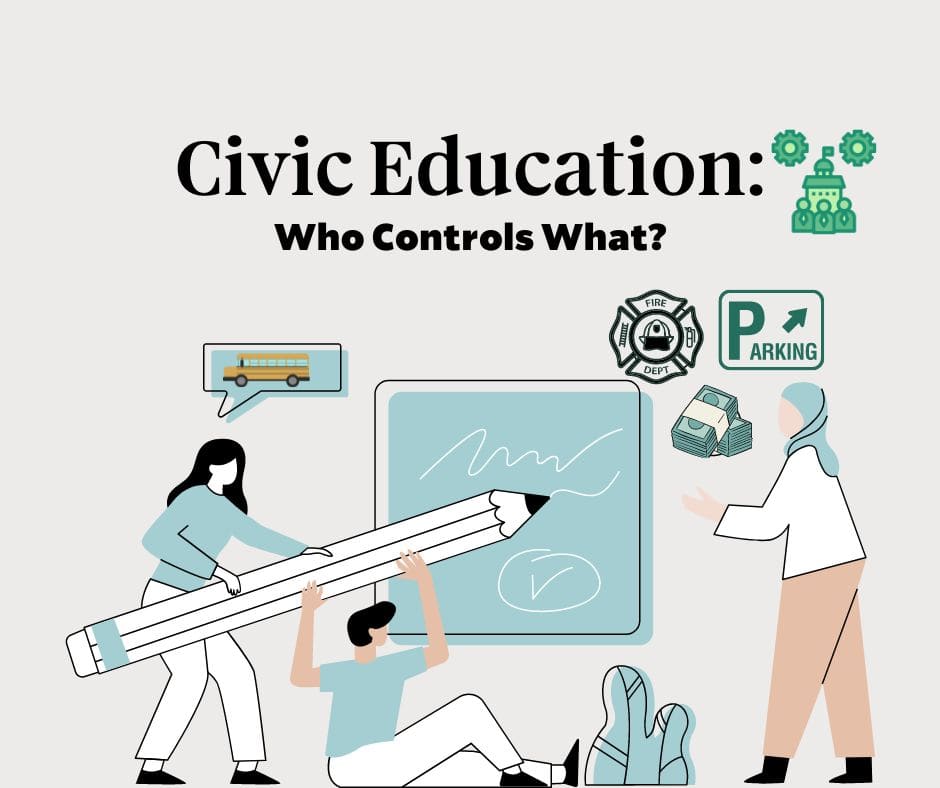
Federal, State, Local - Who Controls What?
Join us and spread the word...locally, state-wide, and federally
Why do responsibilities differ between each level of government?
- The United States has federal, state, and local governments to oversee the day-to-day needs of citizens and ensure their rights are protected.
- While all levels of government must comply with the U.S. and State Constitutions, federal legislation applies to everyone in the United States.
- State and local laws only apply to those within a specific location.
What does the federal government control?
Congress is the federal legislative assembly that decides upon laws that impact the entire nation. This includes:
- Immigration laws
- Bankruptcy laws
- Social Security benefits
- Civil rights laws that protect against discrimination
- Criminal laws relating to a national issue such as federal tax fraud
The federal government holds specific powers and delegates all other powers to state governments, who then assign powers to local governments within their territory.
What do state governments control?
- The state government is responsible for laws that apply to people residing or passing through borders and collaborate with the federal government to enforce criminal law, real estate law, and welfare matters.
- State governments use money collected from state taxes to provide a variety of services such as public schools, law enforcement, and state welfare programs like Medicaid and Food Stamps.
- The Supremacy Clause establishes that federal laws take precedence over state laws. However, in some cases, state laws conflict with federal regulations, such as the legalization of recreational cannabis.
- Although cannabis is a controlled federal substance, states were able to legalize the personal use of marijuana for recreational or medical purposes. This is because while state governments cannot nullify federal laws, state officials can choose not to enforce them.
What do local governments control?
- Local governments are responsible for maintaining roads and parks, issuing licenses and permits, running libraries, managing pest control, and collecting property taxes.
- While local governments hold less power than both state and federal governments, some states like Ohio grant significant authority to their counties. Other states, like Vermont, limit local government powers to budget requests and provide fire protection.
- Elected officials lead almost all local governments. In rare cases, state intervention may assume control over a city or town due to factors such as extensive corruption, bankruptcy, or natural disasters.
- In Michigan, a bill to repeal emergency manager laws was introduced by Rep. Brenda Carter (D- MY). State intervention can be controversial as emergency managers are perceived as disconnected from the community yet have significant powers such as superseding local ordinances, selling city assets, and breaking union contracts.